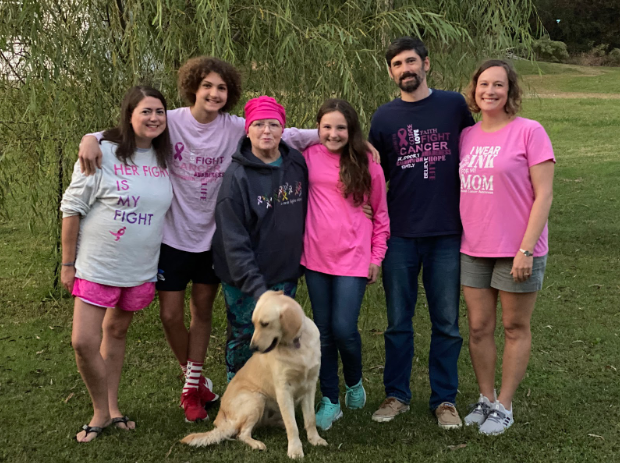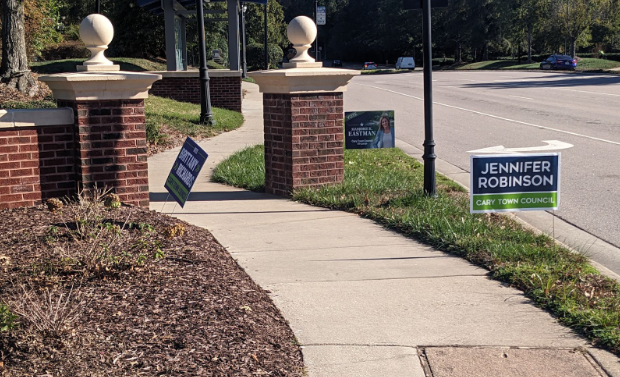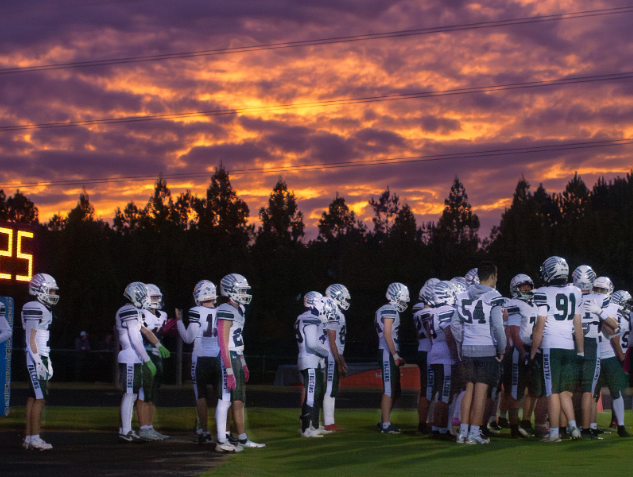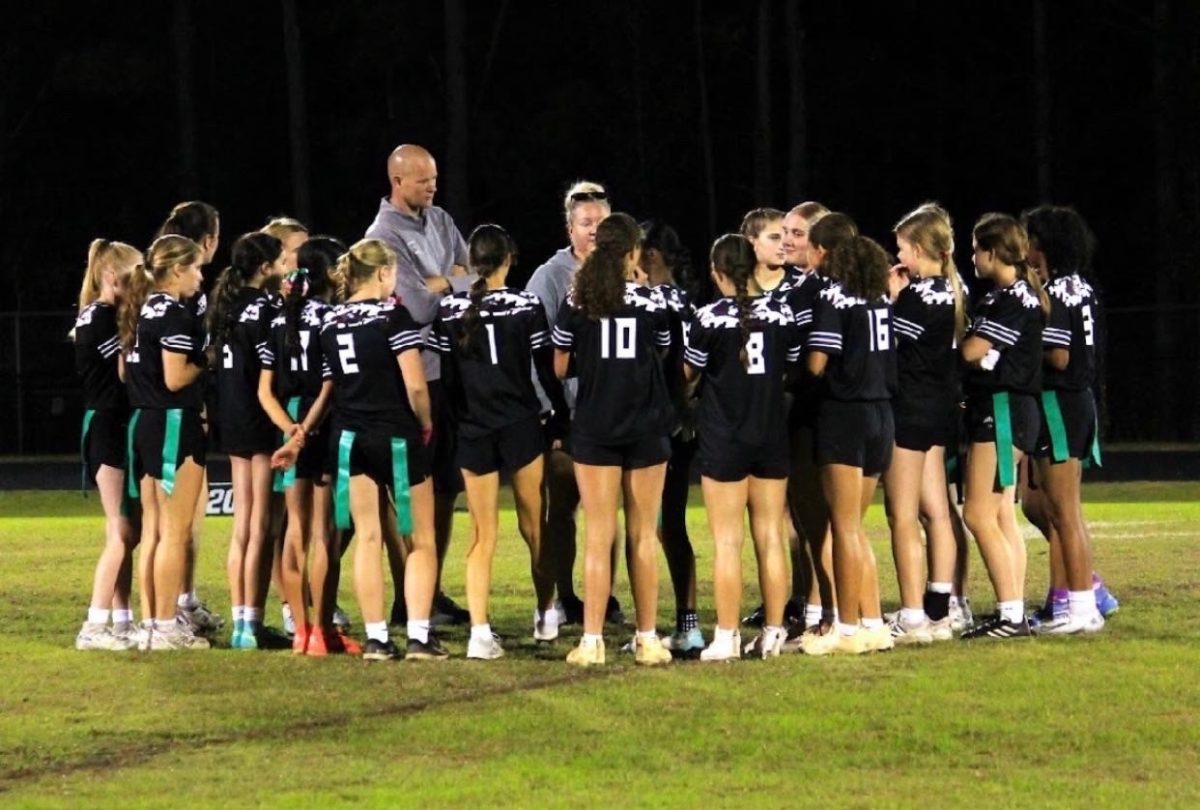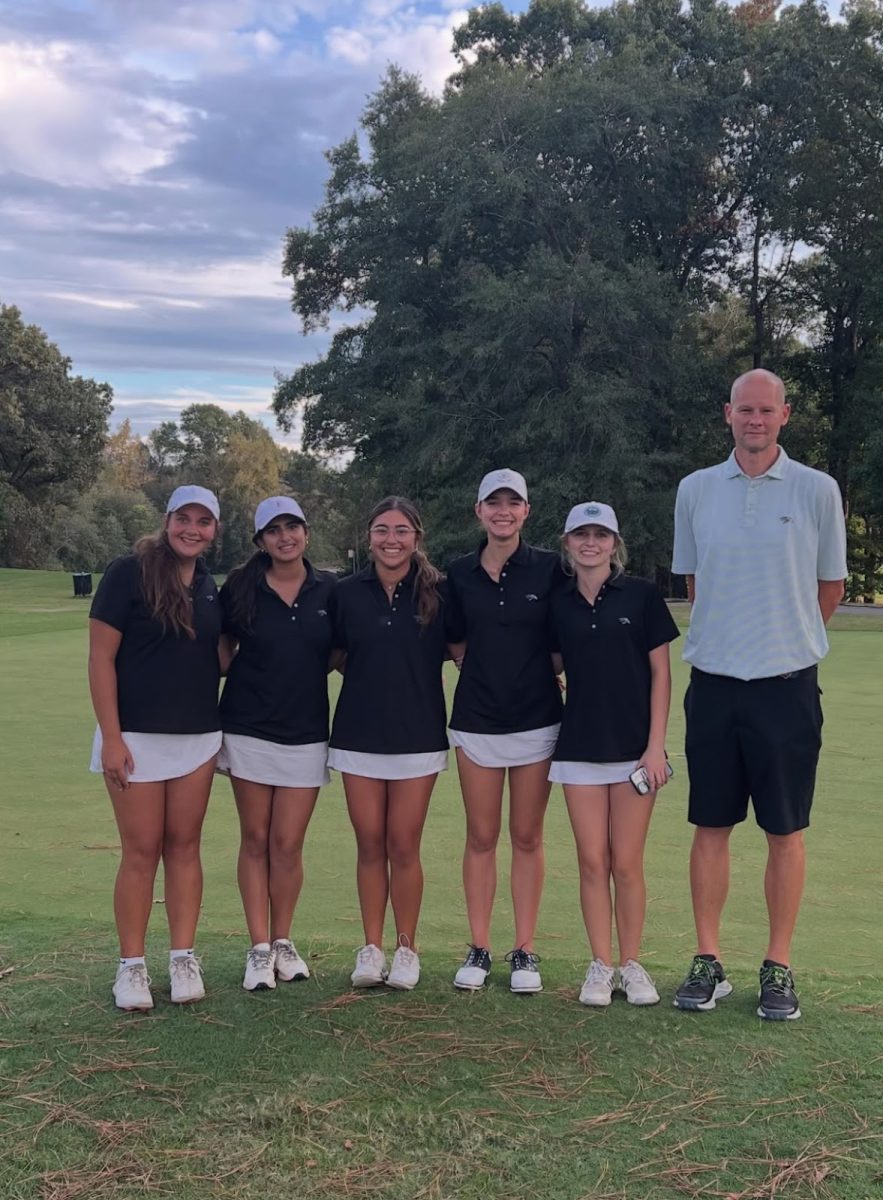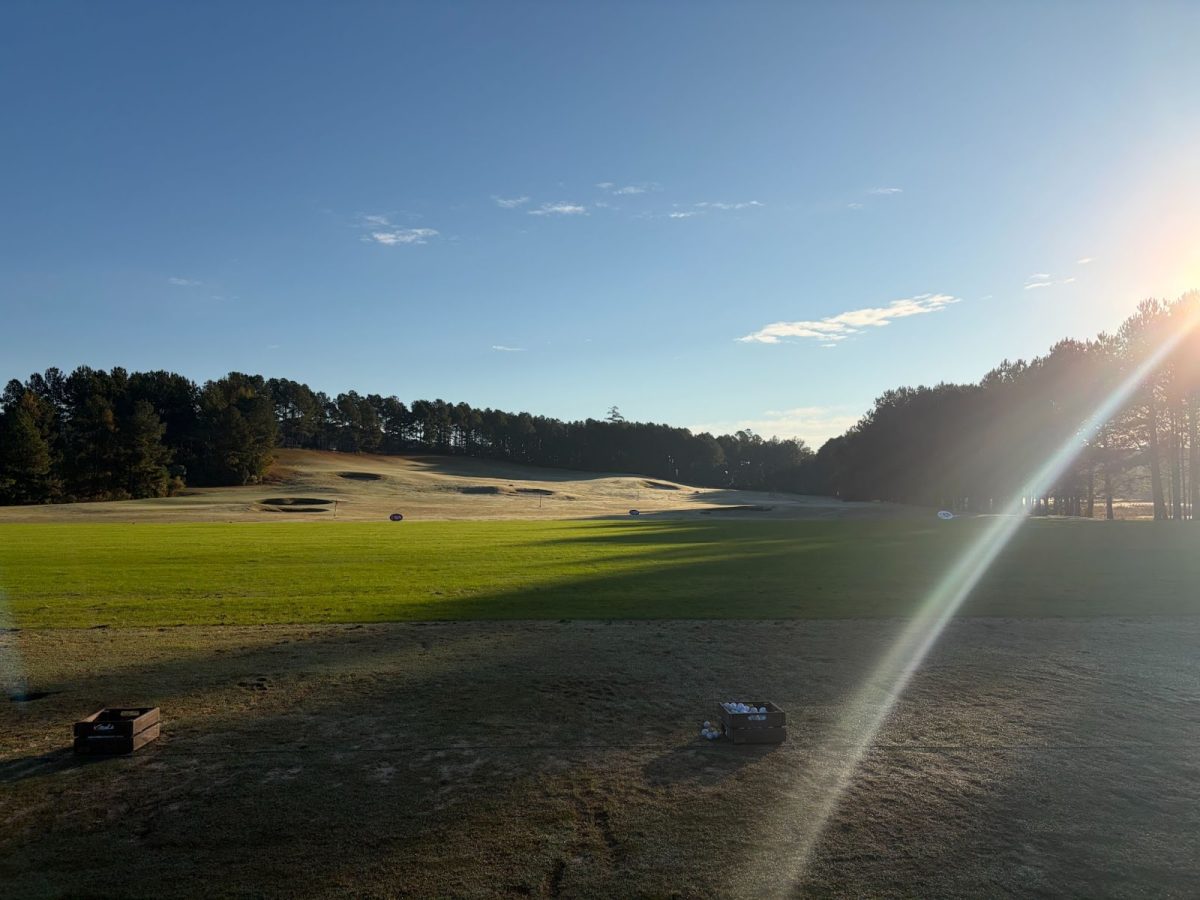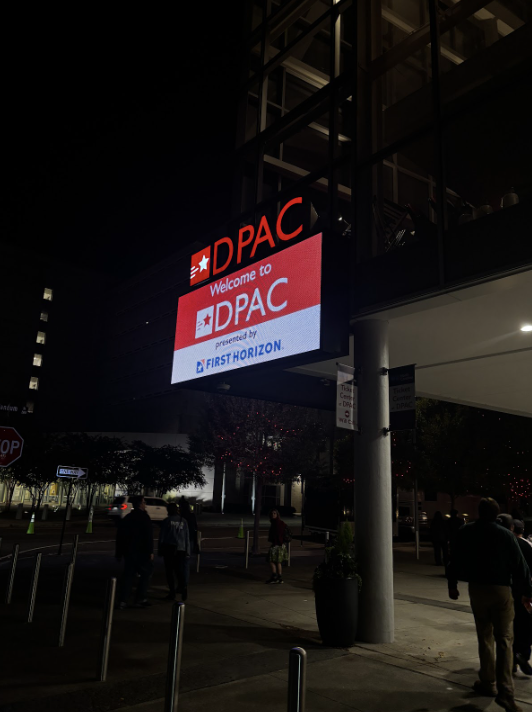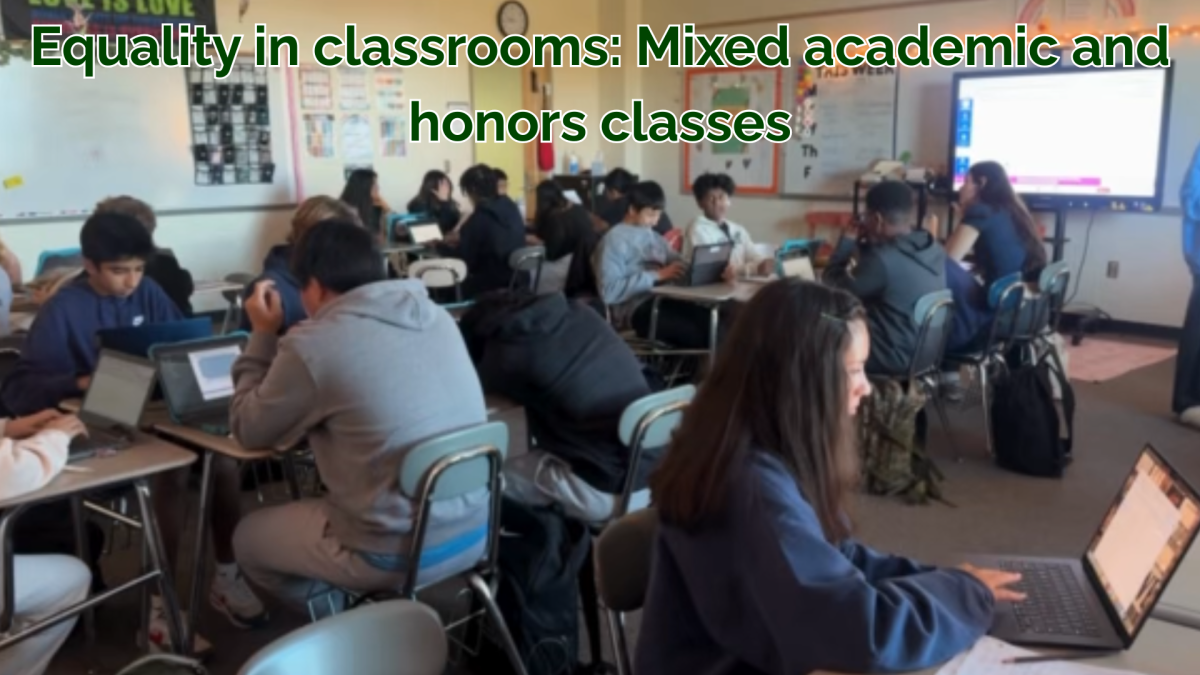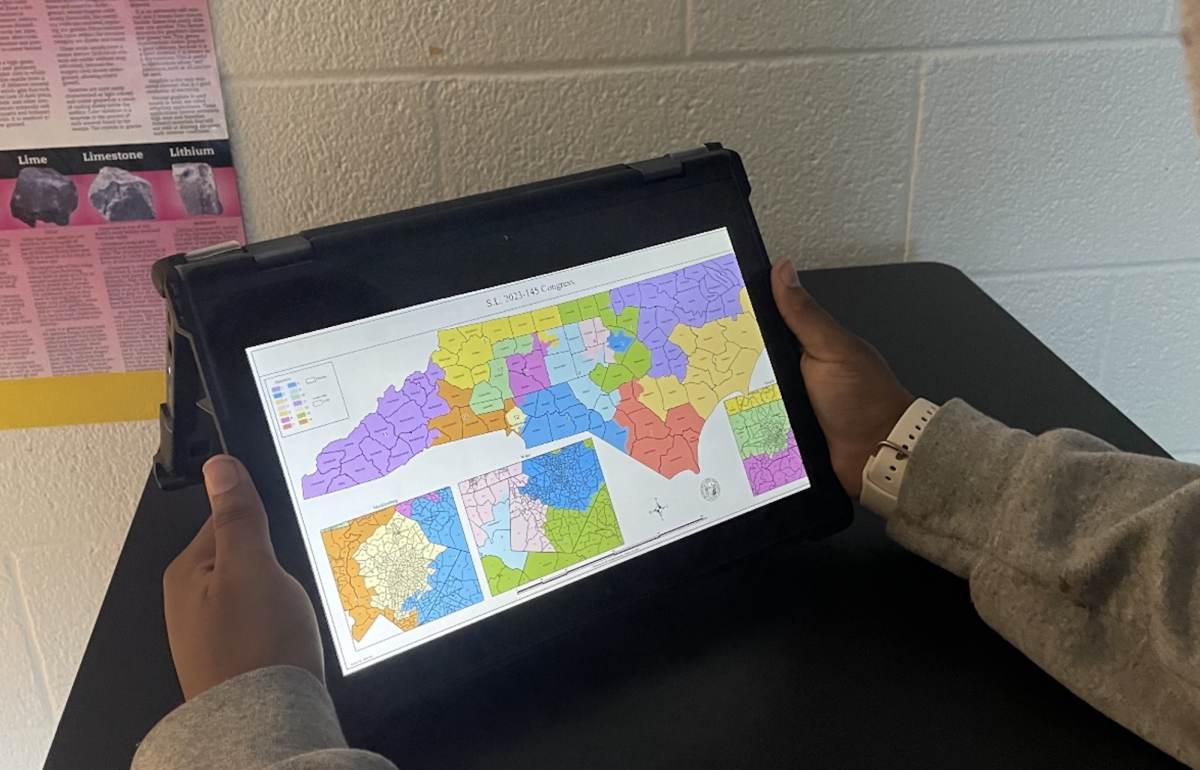A common trend in political power struggles in the United States is the ability to redraw how different areas of the states vote. North Carolina represents a state utilizing this tool to empower specific political parties.
Redistricting is defined by the NC House Redistricting Committee as “the process of defining the districts from which public officials are elected.”
Two terms surrounding this process are redistricting and gerrymandering. These two words are often confused to have similar meanings. Gerrymandering is defined by Oxford Languages as trying “to achieve (a result) by manipulating the boundaries of an electoral constituency.”
Gerrymandering is often used by the majority party in a state’s general assembly to give their party an advantage during elections. In October 2023, the North Carolina general assembly had a Republican supermajority, which allowed the Republican party to overturn any bills that Governor Cooper vetoed.
Justin King is a member of Carolina Forward, a non-profit organization that advocates for a bi-partisan solution to redistricting. Through the organization’s outreach efforts, they currently have amassed over 20,000 followers on social media.
When one political party reaches what is known as a “supermajority,” the party in power can override the veto power of the governor. By redrawing voting maps, North Carolina allows for such a powerful process to take place.
King, when asked why he thought this term of legislature was highly impactful, explained the power that a supermajority can hold in political chambers. When one political party reaches what is known as a “supermajority,” the party in power can override the veto power of the governor. In order to override a veto in the NC General assembly it must receive a total of at least 60% of the vote in both chambers of the legislature.
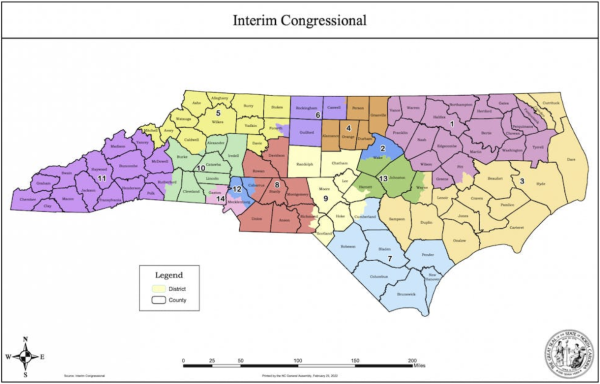
Justin King also expressed that the law has larger implications beyond the state. “What is being done in Raleigh often has a larger impact than what is being done in D.C… however the media is more likely to cover policies at the national level rather than that of the local one,” said King.
Politicians in other areas of the state express that redistricting can impact election outcomes. In an interview with the GH Falcon, Morrisville Mayor TJ Cawley explained that such a law allowed for legislatures to control who wins elections. “That the legislature gets to choose who votes for them instead of the voters choosing the legislature.”
When asked how young people can further their involvement in the political process, Cawley said, “Young people [can] ask their representatives to appoint a non-partisan group and they should be given the power to redraw the maps they can fit certain requirements that the legislature set but the non-partisan group will make the final decision.”
District 21 North Carolina House Representative Dr. Ya Liu represents the Green Hope High voting district. When asked about how legislators are addressing redistricting, she said that long-term changes in policy must be implemented. “To address gerrymandering, we need to change the rules so that politicians are not choosing their voters, which creates a conflict of interest. One way we can do this is creating [an] independent redistricting commissions so that nonpartisan officials are drawing district lines,” said Liu, in an interview with the GH Falcon.
The highly sensitive aspect of the process brings with it legal challenges. Governor Roy Cooper sued the Republican legislative leaders, claiming that the new redistricting plans violated the separation of powers outlined in the North Carolina Constitution. The results of the lawsuit remain to be adjudicated.




